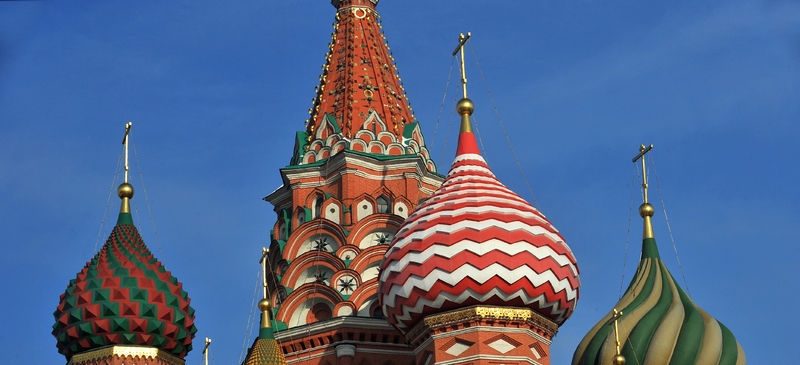
It doesn’t matter who is president of Russia
In Moscow, the speculation about Russia’s next president is becoming tedious. Dmitry Medvedev has made it clear he would like to run again, but most people think Vladimir Putin, prime minister, will be the official candidate and win March’s election.
But does it matter whether President Medvedev continues, Mr Putin returns or someone else takes over? The short answer is no. Mr Medvedev seems to have a little influence on aspects of economic and foreign policy, but everyone knows who is in charge. Whatever post Mr Putin holds after the election, he will remain the dominant figure.
The next president is unlikely to allow a more pluralistic political system, significantly strengthen the rule of law or tackle corruption. Nor is he likely to steer the economy away from dependency on natural resource exports, so that manufacturing and services play a greater role. That is because such policies would threaten the power base and wealth of the ruling clans.
The next president may face a budget crisis: soaring spending means that a balanced budget now requires an oil price of $115 a barrel, compared with about $30 five years ago – and next year the figure will be $125. Mr Medvedev’s supporters say that if he carries on he will foster economic modernisation, for example by privatising more than Mr Putin. But he has reformed very little over the past three years. In any case, two leading economic liberals in the government – Alexei Kudrin, finance minister, and Igor Shuvalov, deputy prime minister – are Mr Putin’s men. Whoever sits in the Kremlin, compromises between liberals and nationalists will determine economic policy.
In foreign policy, too, dramatic shifts are unlikely. As a senior parliamentarian in the ruling United Russia party puts it: “Foreign policy did not change much when Putin left the Kremlin, so why should it change if he returns?” The most significant development of recent years, the “reset” with the US, is likely to endure, he says, because it is interest-driven. The Russians think the US has accepted their primacy in their near abroad, including Ukraine. And the US has had Russian help on the transit of supplies to Afghanistan and on sanctioning Iran.
Yet even if the broad contours of foreign policy are unlikely to change, some of the details might were Mr Medvedev to depart. His decision to abstain on the UN Security Council resolution allowing the west to intervene in Libya, rather than wield a veto, had almost no support within Russia. Furthermore, he has worked to get Russia into the World Trade Organisation, whereas Mr Putin has made that goal harder to achieve by raising tariffs on imported cars.
Barack Obama, Angela Merkel and Nicolas Sarkozy have built strong relationships with Mr Medvedev, but not Mr Putin. Mr Obama and Mr Medvedev intervened to ensure the success of the talks that led to the new Start treaty, limiting nuclear weapons. Mr Putin’s style is more confrontational, however, and he tends to see international relations in zero-sum terms.
Even with Mr Medvedev as president, however, the US-Russia “reset” is running into difficulties. “The low-hanging fruit have already been plucked,” says one US official. Hardliners in Russia – like the many Republicans who criticise Mr Obama for being soft on Russia – have never liked the reset.
Mr Obama’s plans for missile defence are also ruffling Russian feathers. In the final phase, starting in 2020, the US is due to deploy interceptors designed to bring down intercontinental ballistic missiles. Russia’s defence establishment fears such a system could neutralise its strategic nuclear forces. It is using the American plan to justify a surge in spending. Russia’s defence budget is due to rise by 60 per cent between 2010 and 2013.
Libya is also creating bad blood. Nato’s operations have exceeded the terms of the UN resolution and it has not consulted the Russians. As a result, Mr Medvedev is now critical of what the west is doing in Libya. To make its point, Russia is blocking any UN resolution on Syria.
Mr Medvedev has failed to transform Russia but he has acted as a cushion between the west and the Russian elite. Without him more friction is likely but, in any case, the US and Europe should prepare to deal with an increasingly economically troubled Russia that may become more confrontational. They cannot do much to influence events, although they should do what they can to support economic modernisation. Whoever is in charge, relations are unlikely to be easy.
